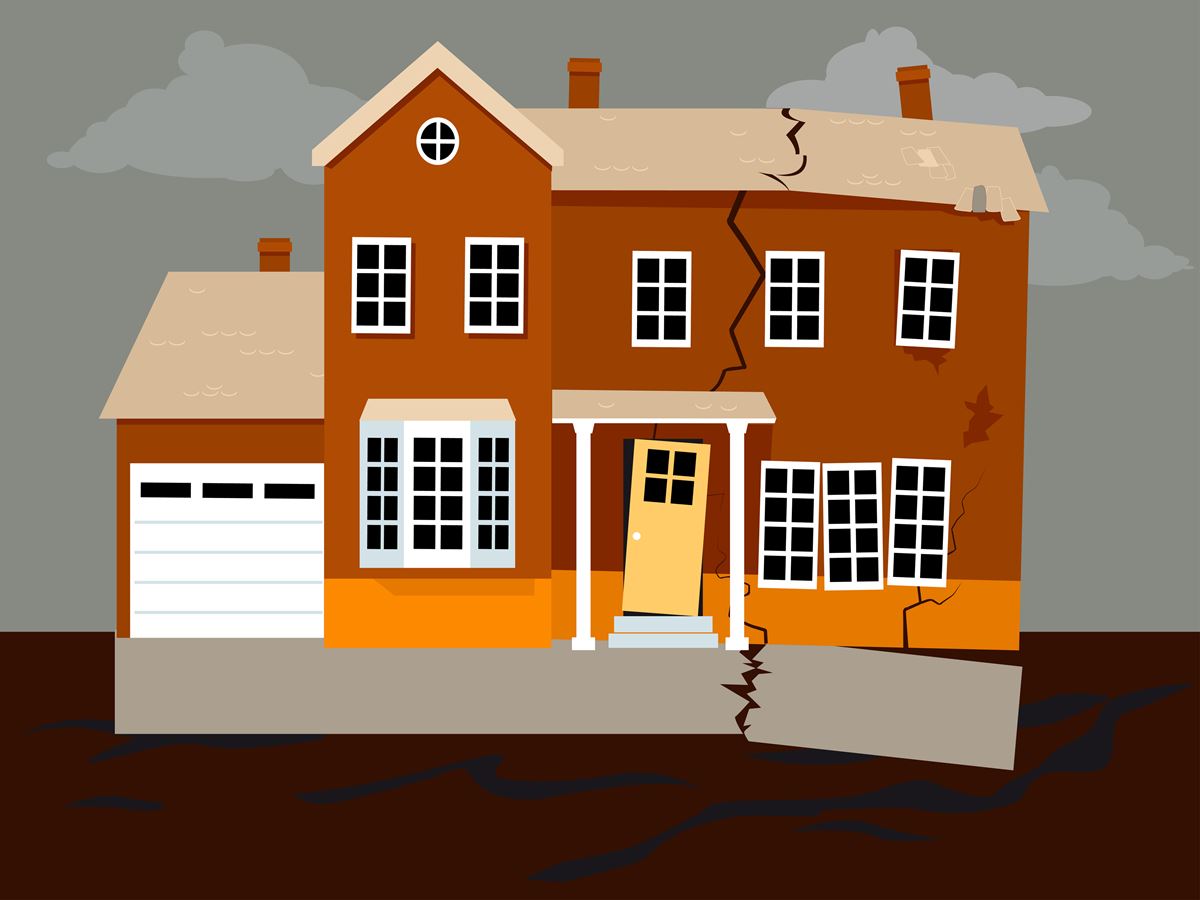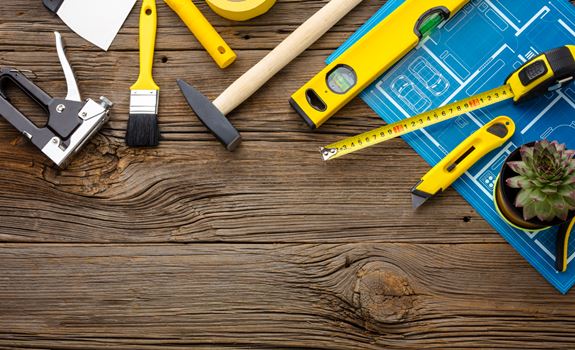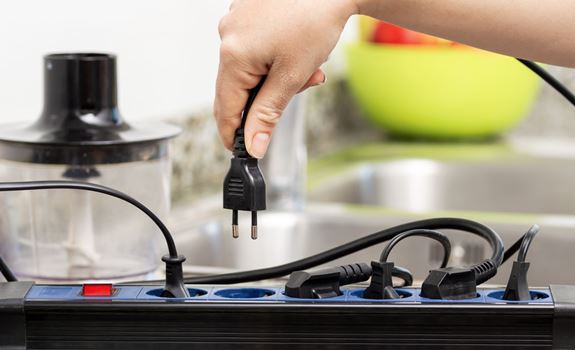Whether you’re searching to purchase a house, sell yours, or increase your house price, an important asset would be a strong foundation. A home built on a weak foundation loses more value than what the foundation initially seemed to offer. Realtors who’ve worked with a real estate company for years know if a home’s foundation is strong or weak, which could be used to estimate the home’s value.
How a Weak Foundation Affects Home Value
There’s no way to tell how much the damage in your home’s foundation would impact the value of your house unless you know what’s wrong. The results may vary depending on the kind of damage.
Foundation damage could be in the form of cracks in the walls, sloping floors, misaligned windows and doors, uneven ceiling, and tilting chimneys due to foundation settlement. Foundation settlement occurs when the soil beneath the house shifts because it isn’t strong enough to bear the weight of the foundation. Aged, compacted soil may sometimes push on the foundation, causing it to tilt, bend, or even collapse.
Drought, when prolonged, may also create problems. The soil under the foundation may shrink and move away from the structure, resulting in settlement and cracks. Underground erosion, such as sinkholes, may also collapse foundations in certain areas.
The point is foundation issues develop due to many causes, and each problem has a different degree of severity. This only implies that every damage affects a house’s resale value differently.
Generally, however, problems with a home’s foundation decrease the property’s value by 10% to 15%. This implies that a home valued at USD$300,000 may experience a reduction in value of USD$30,000 to USD$45,000.
Indeed, foundation damage would impact a house’s resale value. However, it may not be that stressful to sell your house with foundation issues to companies that rehabilitate houses and offer them for sale.
Preventing Future Foundation Problems
It’s essential to safeguard against potential foundation problems since your home has already sustained some degree of damage. Here are a few pointers for avoiding future damage that may further depreciate your home value:
- Never be reckless while working in the yard. If you plant trees next to your house, the planting’s foundation may be damaged. In particular, trees that have deep roots planted next to the house’s foundation may lead to problems in the future. It’s best to determine the length of the roots before planting.
- Keep an eye out for water. Some foundation problems are exacerbated by water. Thus, if you can avoid water accumulating near the foundation, you could prevent many foundation problems. This is easier said than done, so be vigilant for the presence of water or moisture that could destroy your house’s foundation.
- Keep an eye on the hill. Water collecting up at the foundation of your house is never a good thing. You need to ensure the grade of your yard slopes away from your house to direct excess water away from the foundation. Similarly, always ensure that downspouts and gutters are correctly directed.
Fixing the Foundation to Increase Home Value
Though different factors may influence the total worth of your house, a cracked foundation might play a greater part than you think in valuing your property. The foundation is one of the first things that a thorough real estate evaluator inspects. The foundation isn’t just a part of your home; it also helps determine how much your property is worth.
Nevertheless, if your house is showing indications of foundation or structural issues, you don’t have to be overly worried. If your repairs have been managed correctly and by a reputable contractor, the house could be seen as stronger after repairs have been carried out. Thus, it may increase the property value because a solid foundation and structure imply a greater house value.
Foundation Repairs to Improve House Price
Any home with structural problems depreciates and becomes challenging to finance. When you finance a property sale via a financial institution, they usually won’t sign a loan without any repairs or at least planned repairs.
Suppose there are any significant concerns about your foundation. In that case, it’s critical to contact an expert foundation firm to ensure your foundation is appropriately inspected and fixed. You may negotiate with contractors about the foundation concrete repairs, and the work schedule may be done at your most convenient time.
Repairing significant foundation cracks may be expensive and often requires the skillful use of a variety of construction methods. In extreme instances when the foundation has been badly damaged, piers may be needed to give support.
Conclusion
Ignoring foundation problems may make little sense as you’d need to pay for the repairs sooner or later. However, completing the repair soon might be far less costly as the damage is still controllable. More importantly, repairing your foundation may be a good way to start when it comes to guaranteeing good curb appeal and a high valuation of your property.
Published in: Home advice | Author: Irene








